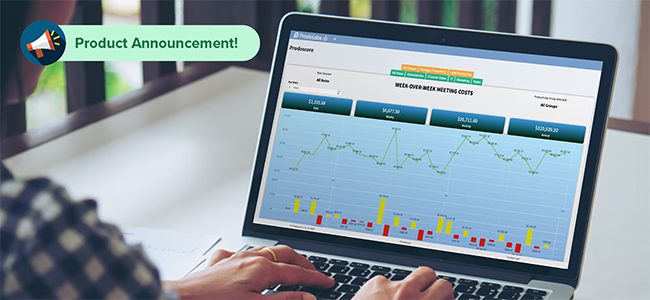Debunking 5 Common Work From Home Myths
It’s time to put stereotypes to rest. As thousands of businesses go remote to help combat the spread of COVID-19, some are still worried about making the switch.
We are going to take a look at some of the most common remote work myths because, thankfully, they’re mostly unfounded.
Myth #1: Remote Work Makes Your Employees Less Productive
A manager may think of remote workers spending most of their day on Netflix or lazing around at home, but it's just not true. Consider two main stats from the latest Remote Work Report by GitLab, which surveys over 3,000 remote employees worldwide:
- 52% of remote workers find themselves more productive
- 48% of remote workers find themselves more efficient
Exceptions aside, most workers understand that remote work is a privilege that brings with it a whole host of benefits—no commute, enhanced flexibility, streamlined work climate, etc.—and that making remote work effective is in everyone's best interests.
The flexibility of remote work is a catalyst for employee happiness and creativity. Happier employees are more engaged and productive.
Myth #2 Remote Work Causes Communication Breakdowns
Communication breakdowns occur often in remote teams for the same reasons as in offices — employees aren't engaged. As Gallup reports, only one-third of American employees are engaged in jobs, whether working from an office or at home. In addition, miscommunication happens more often in newly remote teams, as people are not sure what is required of them. That is why it is important to enforce a remote work policy that clearly defines goals and communication tools/channels for the employees.
Communication tools such as Hangouts, Meets, Slack, and Zoom ensure that the team is easily accessible while working remotely through video conferences, calls, or chat.
Nonetheless, productive remote companies go to great lengths to help employees feel connected — from setting aside time blocks for informal 1:1 video calls to creating spaces for common interests.
Myth #3 Remote Work Means Your Company Data Is Unsafe
Many businesses are concerned about remote workers accessing sensitive information on unsecured public Internet connections. And, if the IT team doesn't invest in or implement commonplace technologies such as a virtual private network (VPN) or two-factor authentication, it's a legitimate concern.
The first step is to inform the team while you introduce best practices in security, such as connecting over a safe network — VPNs can be a little challenging to set up for home, but they're worth it — or setting stronger passwords and enforcing two-step verification (often using their smartphones). It also pays off to invest in cloud-based collaboration tools that take data protection seriously. Adopting cloud tools during remote working will help you increase your ROI.
The best way to safeguard client data remains the same, whether working remotely or in-office — awareness and following best practices. Data security is more of a people problem than a location one.
Myth #4: Managers Can’t Work Remotely
Many people who are confused about remote work believe that managers cannot handle their duties efficiently without being in the same room as their employees. To this, we respond: if a manager is unable to handle remote workers efficiently, he or she may have more serious issues surrounding their management capabilities. In fact, we already discussed how you can effectively manage and monitor your team performance remotely.
At the end of the day, management is not about standing over the shoulders of your staff and making sure they are doing what they should be doing. It's about meeting their needs and giving them the tools and input they need to effectively do their work. What part of the job description does constant face-to-face contact require when you can have a video call?
Myth #5 It Is Hard to Track Productivity of Your Sales Team
Many businesses think that it is challenging to track the productivity of your sales team when working remotely. Some businesses calculate productivity based on the working hours of the sales reps while working from home. However, you need a tool that can evaluate multiple touchpoints.
Prodoscore not only helps sales managers gain visibility into the specific tools you have invested in but it also allows you to gain visibility into the sales activities of your remote workforce. That way, you can be confident that the proper sales activities are being achieved outside the office.

